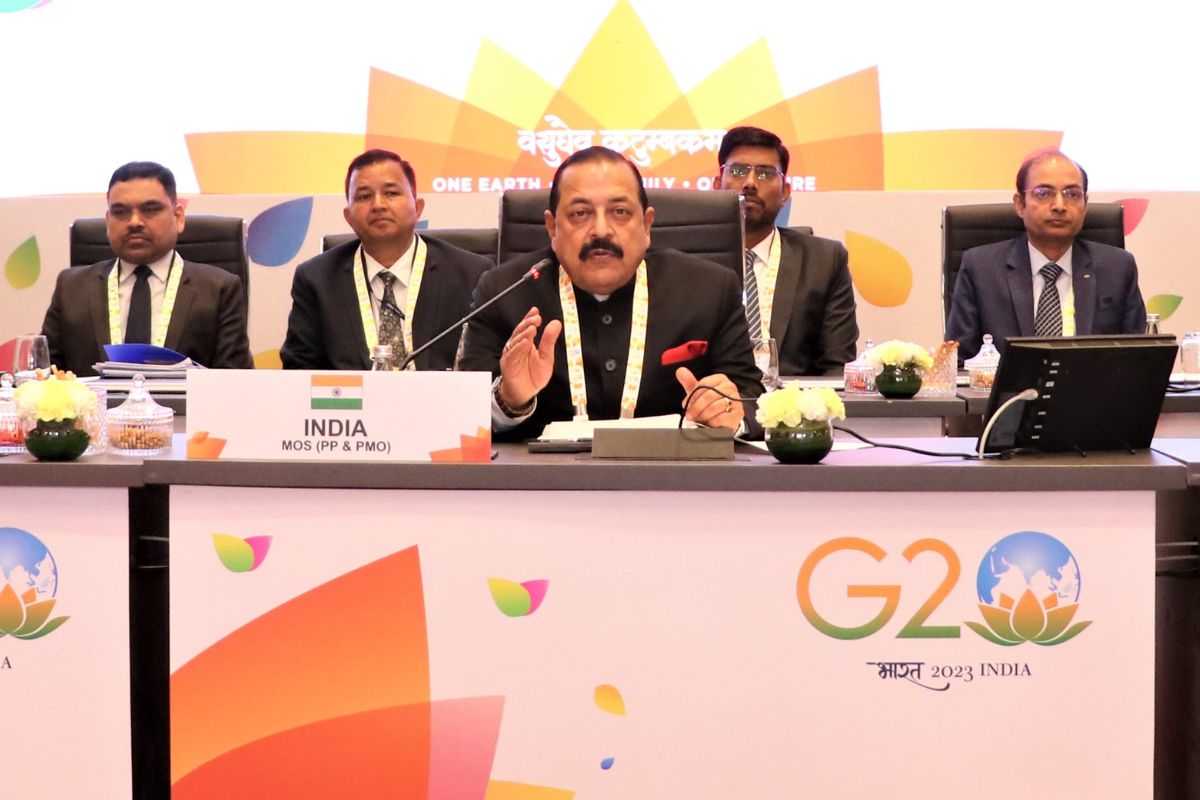India on Tuesday called upon G-20 nations to adopt multilateral action for faster extradition of fugitive economic offenders and recovery of assets both on the domestic front as well as from abroad.
Chairing the 1st Anti-Corruption working group meeting of G20 nations in Gurugram, Union Minister Jitendra Singh said Prime Minister Narendra Modi has envisioned developing such an administrative ecosystem for a developed India, which has zero tolerance for corruption.
Advertisement
“Economic offences have been a problem faced by many, especially when the offenders flee from the jurisdiction of the country. India has put in place specialised legislation in this regard, in the form of the Fugitive Economic Offenders Act, 2018, the term wherein ‘fugitive economic offender’ (“FEO”) is defined as an individual against whom a warrant of arrest in relation to a scheduled offence has been issued by any court in India and who has left the country so as to avoid criminal prosecution; or the FEO abroad, refuses to return to face criminal prosecution,” he said.
Jitendra Singh also stated that the Enforcement Directorate has transferred assets worth about $180 billion to public sector banks that suffered losses to the tune of around $272 billion due to frauds committed by high-net-worth individuals.
He said India’s view was that strengthening mechanisms for speedy confiscation of the proceeds of crime, both at home and abroad, would force the offenders to return to their home country.
Jitendra Singh said corruption was a complex social, political, and economic challenge affecting all countries and in a globalised world. The menace, he said has ramifications well beyond the G20.it adversely impacted the effective utilisation of resources, created market distortions, adversely impacted the quality of life of citizens, impacting the benefits of globalisation and consequently, economic growth and overall governance and most disproportionately affecting the poor and most marginalised.
The minister said there have been numerous instances of financial or banking frauds that were investigated under relevant statutory provisions that involved high net worth individuals where the proceeds of crime involved were more than $one billion. He also elaborated for the first time on the impact of corruption on gender and on poverty reduction programmes.
